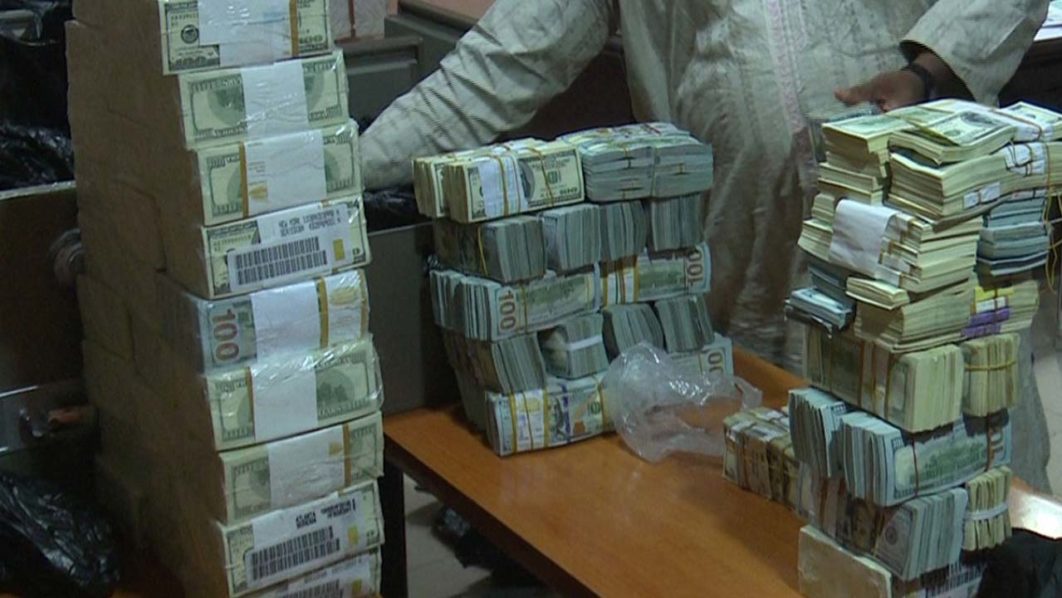The United Kingdom's Department for International Development (DFID) has estimated that Nigeria lost about $32 billion to corruption during the administration of ex-President Goodluck Jonathan.
The report found that the corruption was widespread and affected all sectors of the economy. The money lost to corruption could have been used to fund essential public services, such as education, healthcare, and infrastructure development. Instead, it was siphoned off by corrupt officials and used to enrich themselves and their cronies.
The DFID's Head of Office in Nigeria, Debbie Palmer, said that the report's findings were "staggering" and that they showed the "devastating impact" that corruption can have on a country. She called on the Nigerian government to take urgent action to tackle corruption and to bring those responsible to justice.
The UK government has committed to supporting Nigeria in its fight against corruption. DFID is working with the Nigerian government to strengthen its anti-corruption institutions and to improve its public financial management systems. The UK is also providing training and support to Nigerian law enforcement agencies to investigate and prosecute corruption cases.
Goodluck Ebele Azikiwe Jonathan, who served as president of Nigeria from 2010 to 2015, presided over a government that was widely seen as corrupt. He lost the 2015 presidential election to former military head of state General Muhammadu Buhari.
According to The Economist, corruption flourished under Jonathan, who allowed politicians and their cronies to enrich themselves with impunity. Large sums of money were repeatedly misappropriated, with ₦3.98 trillion (US$20 billion) allegedly going missing and ₦398 billion ($2 billion) in military funds allegedly being distributed among high-ranking officials.
According to Transparency International, Nigeria ranked 136th out of 183 countries on the Corruption Perception Index in 2014, the last year of Jonathan's presidency. This is indicative of the high levels of corruption that existed during his time in office.
OPL 245 oil scandal
There are many specific examples of corruption that have been alleged against Jonathan and his administration. One of the most notable is the OPL 245 oil scandal, in which Royal Dutch Shell and Eni are accused of paying bribes to Nigerian officials to secure a lucrative oil block. Jonathan and his former oil minister, Diezani Alison-Madueke, have been named as beneficiaries of these bribes. Jonathan has denied all allegations of corruption against him, but he has never been fully exonerated. In 2019, the Nigerian government filed a lawsuit in a London court against Shell and Eni, alleging that they had paid bribes to secure the OPL 245 oil block.
Other examples
In 2016, Nigeria's anti-crime agency, The Economic and Financial Crimes Commission (EFCC), froze $32 million in assets belonging to Jonathan's wife, Patience Jonathan.
In April 2021, EFCC said it recovered $153 million and 80 houses valued at $80 million from Diezani Alison-Madueke, Jonathan's former oil minister. EFCC Chairman Abdulrasheed Bawa said the commission was still pursuing another case of $115 million INEC bribery by the fleeing minister who had been outside the shores of the country since leaving office in 2015.










Trackbacks and Pingbacks